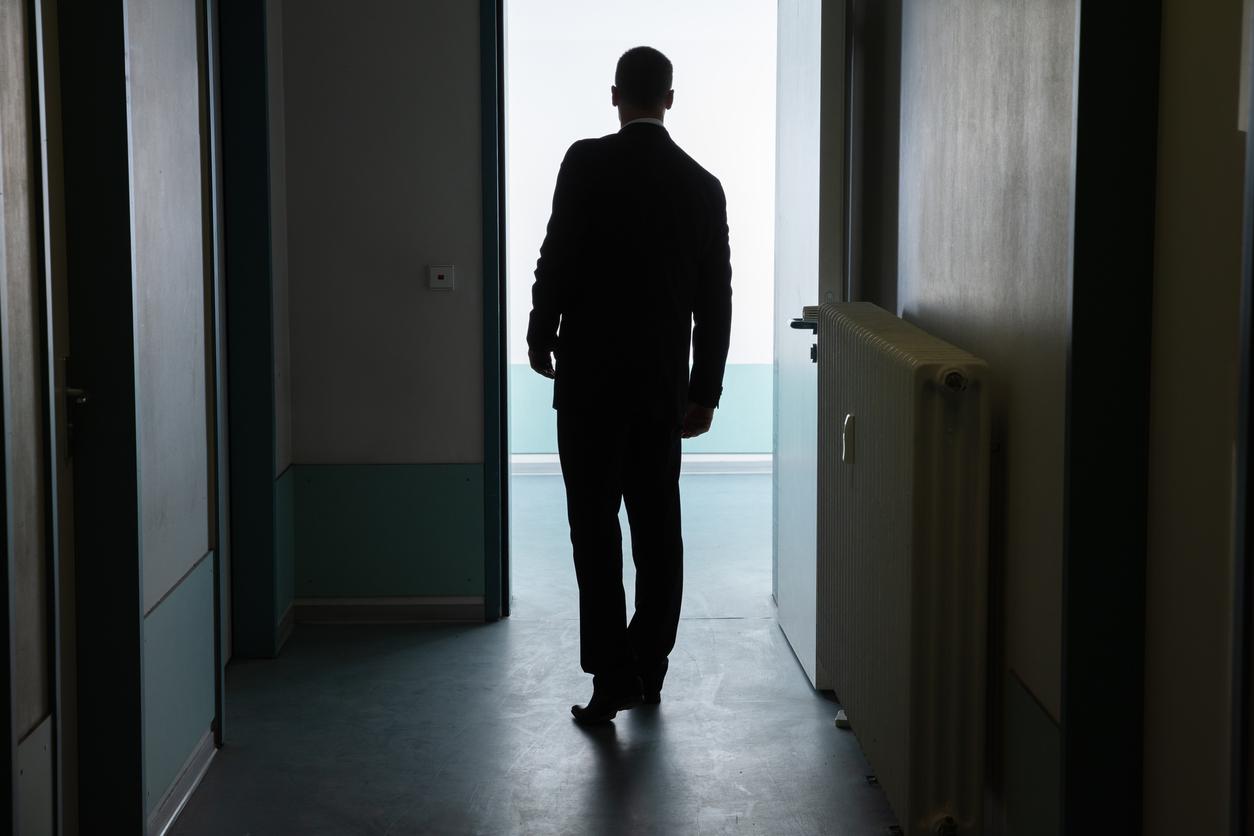Astronauts who stay in space for a long time feel less and less positive emotions.

- Space travel has a psychic and biological impact on humans.
- Today, astronauts rise into space and spend six months in Earth orbit aboard the International Space Station (ISS), as Thomas Pesquet is about to do.
As Thomas Pesquet prepares to go back into space, a new study demonstrated that astronauts feel less and less positive emotions during their mission. To arrive at these observations, a psychologist developed a new mental assessment tool (the Mental Health Checklist), which she tested on Antarctic explorers, whose working conditions resemble those of Antarctic travelers. space.
Important stressors
Much like Antarctic missionaries, astronauts who spend long periods in space face significant stressors such as isolation, confinement, lack of privacy, altered light-dark cycles , monotony and separation from their family.
After nine months of observation, “The most marked alterations were observed for positive emotions, such that we found continuous declines from start to end of the mission, with no evidence of a ‘rebound effect’ as participants prepared to return home. them”report the scientists. “Previous research, both in space and in polar environments, has focused almost exclusively on negative emotional states, including anxiety and depressive symptoms. However, positive emotions such as satisfaction, enthusiasm and wonder are essential characteristics for thriving in high-pressure environments”, he adds.
Lack of stimulation
The study results also show that people in extreme environments tended to use fewer effective strategies to stimulate their positive emotions as time went on.
.
















